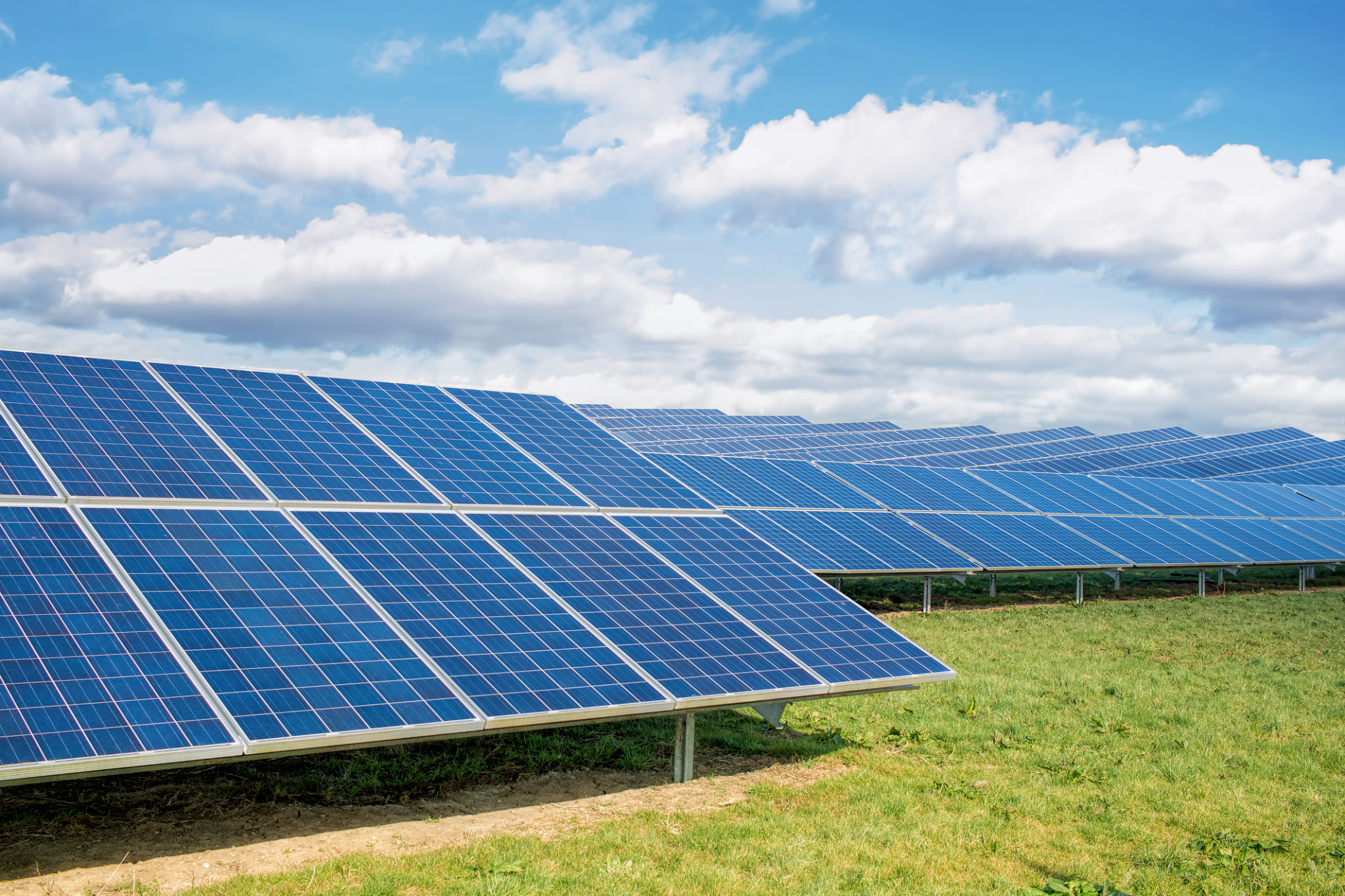How Binova Solar Park Supports Cities with Waste-to-Energy Solutions
Introduction to Binova Solar Park
In the quest for sustainable energy solutions, Binova Solar Park stands out as a pioneering initiative. By integrating solar technology with waste-to-energy systems, this innovative park provides a dual benefit for urban areas: generating clean energy and managing waste effectively. Cities across the globe are looking toward Binova Solar Park as a model for future energy infrastructure.

The Waste-to-Energy Process
At the heart of Binova Solar Park's success is its waste-to-energy process. This system converts municipal waste into usable energy, thus reducing landfill dependency and lowering greenhouse gas emissions. The process involves several stages:
- Collection and sorting of waste materials
- Conversion of organic waste into biogas through anaerobic digestion
- Combustion of non-recyclable waste to produce steam and electricity
Environmental Benefits
The environmental benefits of Binova Solar Park’s waste-to-energy solutions are substantial. By diverting waste from landfills, it minimizes methane emissions—a potent greenhouse gas. Moreover, the park's operations significantly reduce the reliance on fossil fuels, promoting a cleaner, more sustainable energy source for urban environments.

Supporting Urban Energy Needs
Cities are constantly grappling with the challenge of meeting rising energy demands while also handling increasing volumes of waste. Binova Solar Park addresses both issues simultaneously. Through its innovative approach, it provides a steady supply of renewable energy, helping cities to stabilize their energy grids and reduce costs associated with waste management.
Economic Advantages
Beyond environmental benefits, Binova Solar Park offers significant economic advantages. By converting waste into energy, cities can reduce disposal costs and generate revenue from energy sales. Additionally, the park creates jobs in areas such as waste collection, energy production, and maintenance, contributing to local economic growth.

Community Engagement and Education
Community engagement is a critical component of Binova Solar Park's operations. The park runs educational programs and workshops to raise awareness about sustainable practices and the importance of renewable energy. These initiatives encourage local communities to participate actively in waste reduction and recycling efforts.
Future Prospects
Looking ahead, Binova Solar Park plans to expand its operations and incorporate new technologies to enhance efficiency and output. The park is also exploring partnerships with other cities to replicate its successful model, further promoting sustainable urban development on a global scale.
In conclusion, Binova Solar Park represents a forward-thinking approach to modern urban challenges. By turning waste into a resource and harnessing solar power, it not only supports cities in becoming more sustainable but also sets a benchmark for future projects worldwide.
